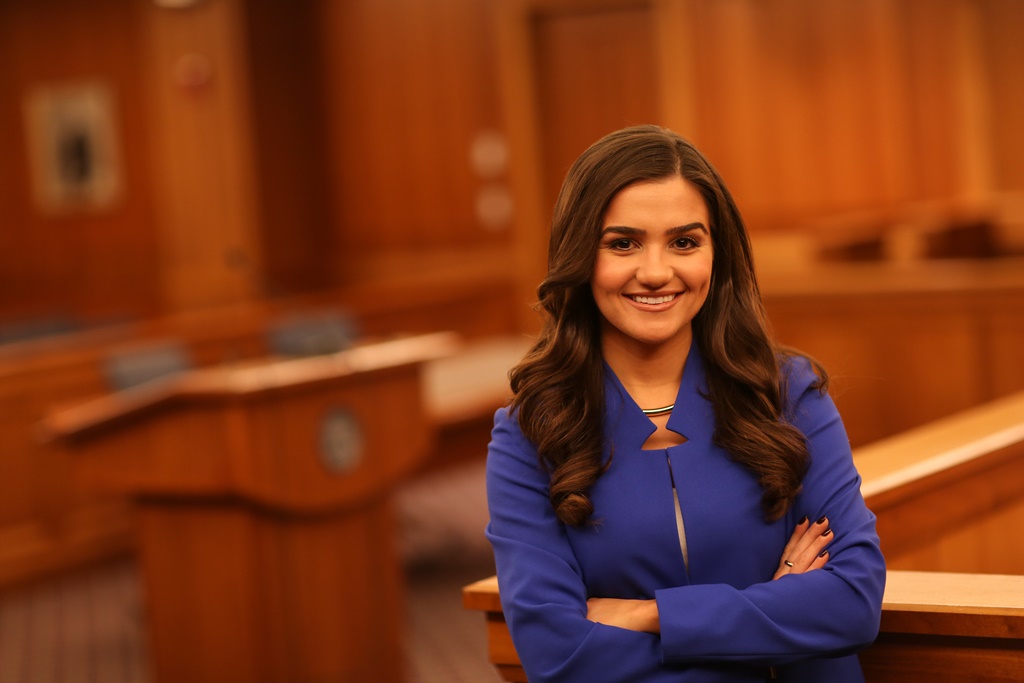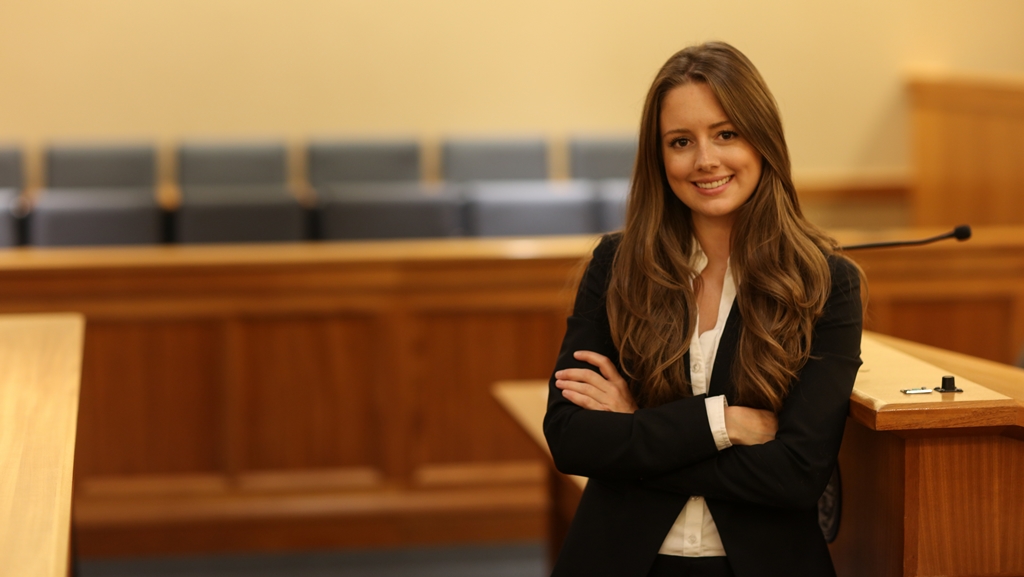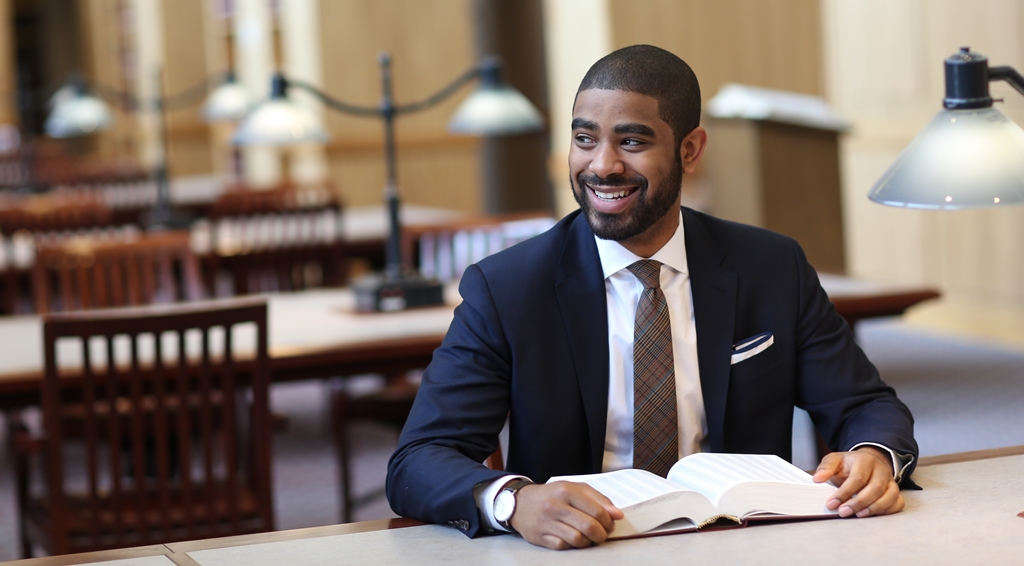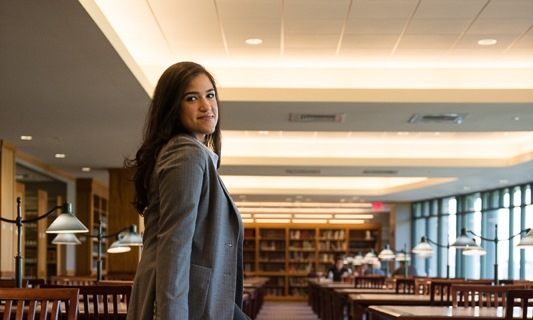By Jessica Silbey
Professor of Law, Suffolk University Law School
There is a general misconception that you need to have a science background to have a career in intellectual property.
You don’t.
Anyone can be an IP lawyer because being an IP lawyer means being a business lawyer—drafting and negotiating contracts, licenses, putting deals together. Being an IP lawyer also means being a litigator—asserting and defending claims in and through the dispute resolution process.
A science or engineering background is necessary only to take the Patent Bar and become a patent prosecutor. Patent prosecutors draft patents and prosecute them before the US Patent and Trademark Office. But most lawyers who deal with IP law are not patent prosecutors.
IP lawyers are typically general transactional or dispute lawyers. As a law student seeking to work in intellectual property, you will study copyright law and trademark law; fair competition and antitrust; art law and software licensing practices; and internet businesses and international business transactions.
What kind of lawyer can you become with all of this learning?
1. Big law firm IP department. This can mean litigating conflicts that center on intellectual property disputes, managing registrations of trademarks and copyright, conducting licensing deals and managing IP portfolios.
2. In-house counsel with a company. Several of my students in the past couple years have started their in-house careers in companies focusing on internet commerce, working with IP compliance, privacy compliance and anti-trust regulations.
3. Media and entertainment lawyer. Musicians, moviemakers, videographers, photographers, visual artists (and the business managers who support them) need legal advice about the intellectual property they are making and using in their everyday work. My students have started in small law firms focusing in this field or started their own law firms representing young artists and musicians who need licensing and copyright and trademark advice. Some of these students have then gone on to larger firms to represent bigger clients or bring their clients with them.
4. Publishing industry lawyer. The shift from print publishing to digital has occupied a lot of IP lawyers’ time. How do you protect your digital textbook? With copyright or contract? What kind of revenue stream is available if you go all digital? Publishers rely on savvy IP lawyers to balance legal and public interests issues with business necessities.
5. Non-profit or public interest IP lawyer. The advocacy-based non-profit is the least well-known among law students. Advocacy-based non-profits such as the Electronic Frontier Foundation (EFF) or Future of Music Coalition (see list at bottom of this webpage) work on policy reform and represent undercapitalized clients who are either being sued or need to protect their rights in court. Some of these groups (although not all) hire young lawyers who are interested in working on fair use issues in copyright and trademark, or access to knowledge and medicines in patent law.
6. Government IP lawyer. Local, state and federal government bodies are interested in managing access to information, laws and regulations, and promoting innovation and creativity at local and national levels through the appropriate policy mechanisms (which may or may not include IP but always includes IP as a consideration).
Professor Silbey can be reached at jsilbey@suffolk.edu. For more information about Suffolk Law’s IP curriculum, please visit suffolk.edu/IPlaw.












Follow Us